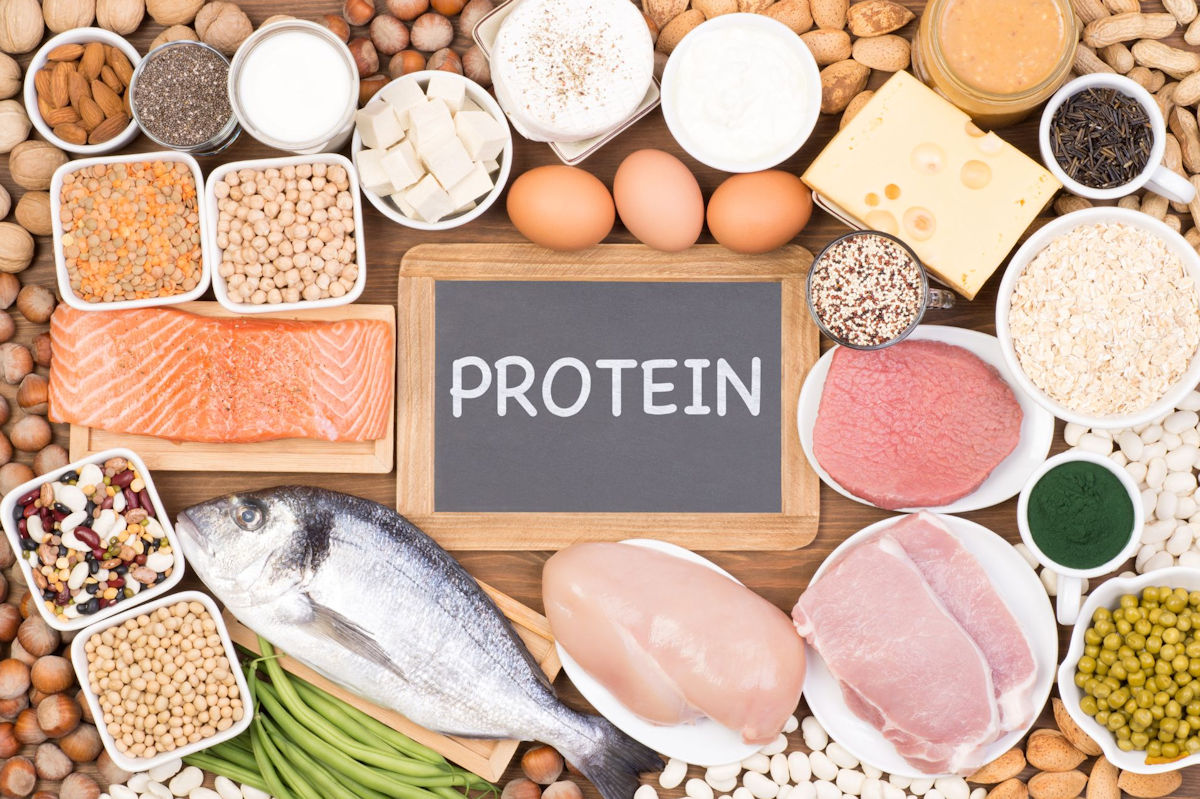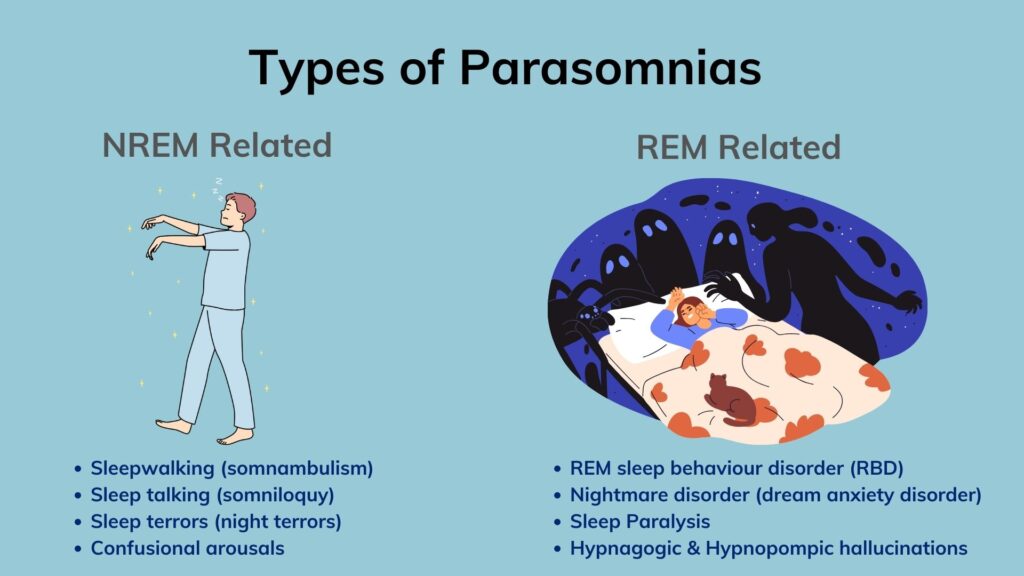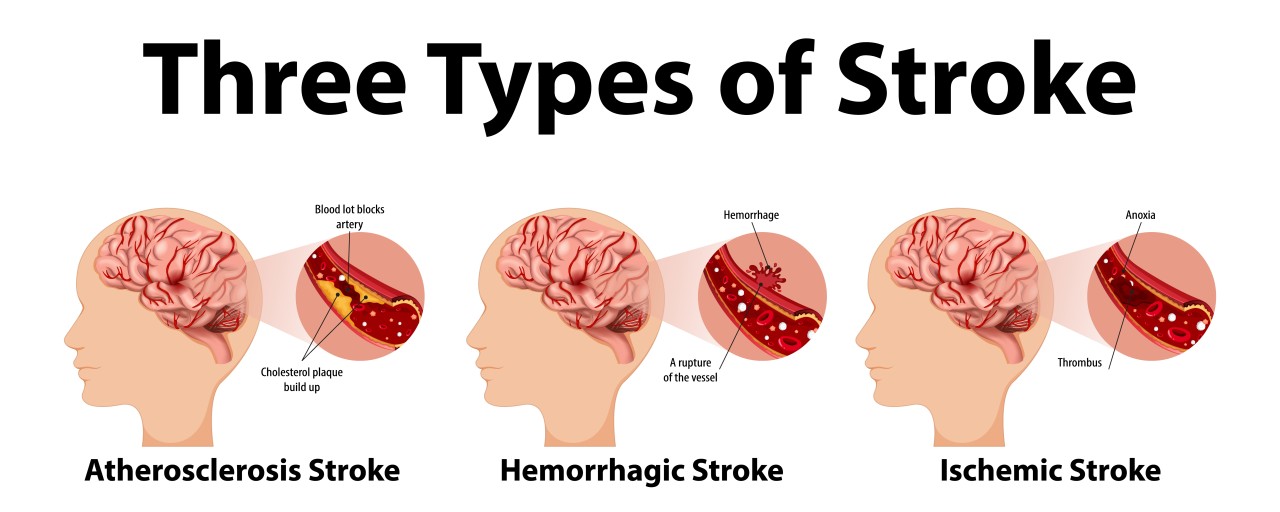Lean proteins are essential nutrients that play a crucial role in building and repairing tissues, supporting a healthy immune system, and maintaining overall health. They are a vital component of a balanced diet.
Types of Lean Proteins
- Poultry: Chicken, turkey, and duck are excellent sources of lean protein.
- Fish: Salmon, tuna, cod, and other types of fish are high in protein and omega-3 fatty acids.
- Beans and legumes: Black beans, kidney beans, lentils, and chickpeas are plant-based sources of protein that are also high in fiber.
- Eggs: Eggs are a complete protein source that is also rich in vitamins and minerals.
- Low-fat dairy products: Greek yogurt, cottage cheese, and low-fat milk are good sources of protein.
- Tofu and tempeh: These plant-based protein sources are popular among vegetarians and vegans.
Benefits of Lean Proteins
- Muscle building and repair: Lean proteins are essential for building and repairing muscle tissue.
- Weight management: Consuming lean proteins can help you feel full and satisfied, reducing the likelihood of overeating.
- Stronger bones: Protein is important for bone health and can help prevent osteoporosis.
- Healthy skin and hair: Protein is a building block for skin and hair, contributing to their health and appearance.
- Boosted immune system: Protein is essential for the production of antibodies and other immune cells.
Incorporating Lean Proteins into Your Diet
- Choose lean cuts of meat: Opt for lean cuts of poultry and fish, and trim excess fat from meat.
- Limit processed meats: Processed meats, such as hot dogs and sausages, are often high in saturated fat and sodium.
- Plant-based proteins: Incorporate plant-based proteins like beans, lentils, and tofu into your diet.
- Portion control: Be mindful of portion sizes to avoid consuming excessive amounts of protein.
Lean proteins are a crucial component of a healthy diet. By incorporating lean protein sources into your meals and snacks, you can support your overall health and well-being.



